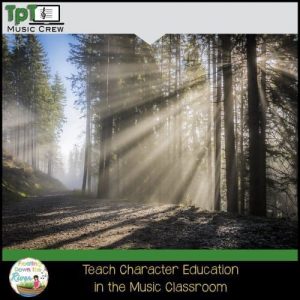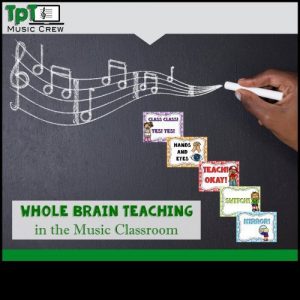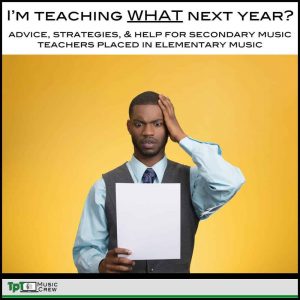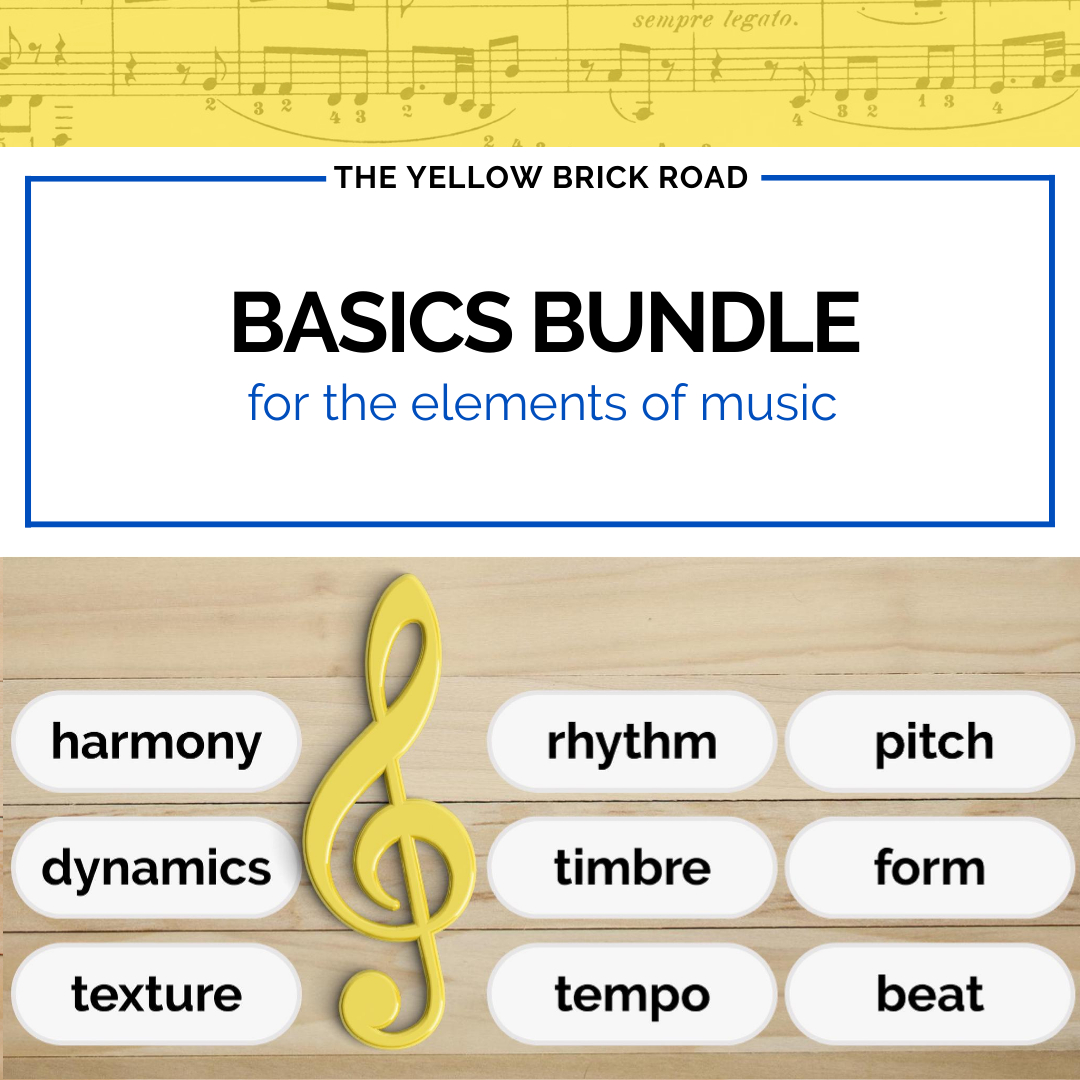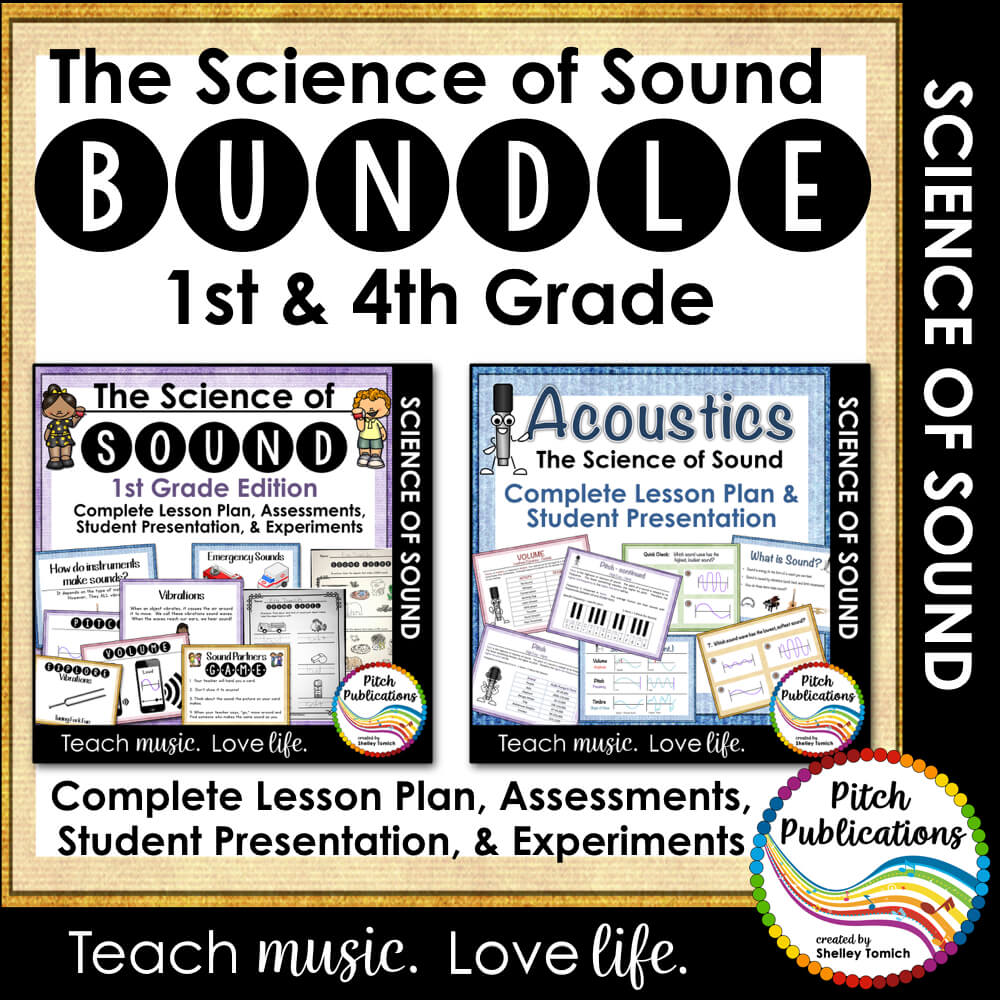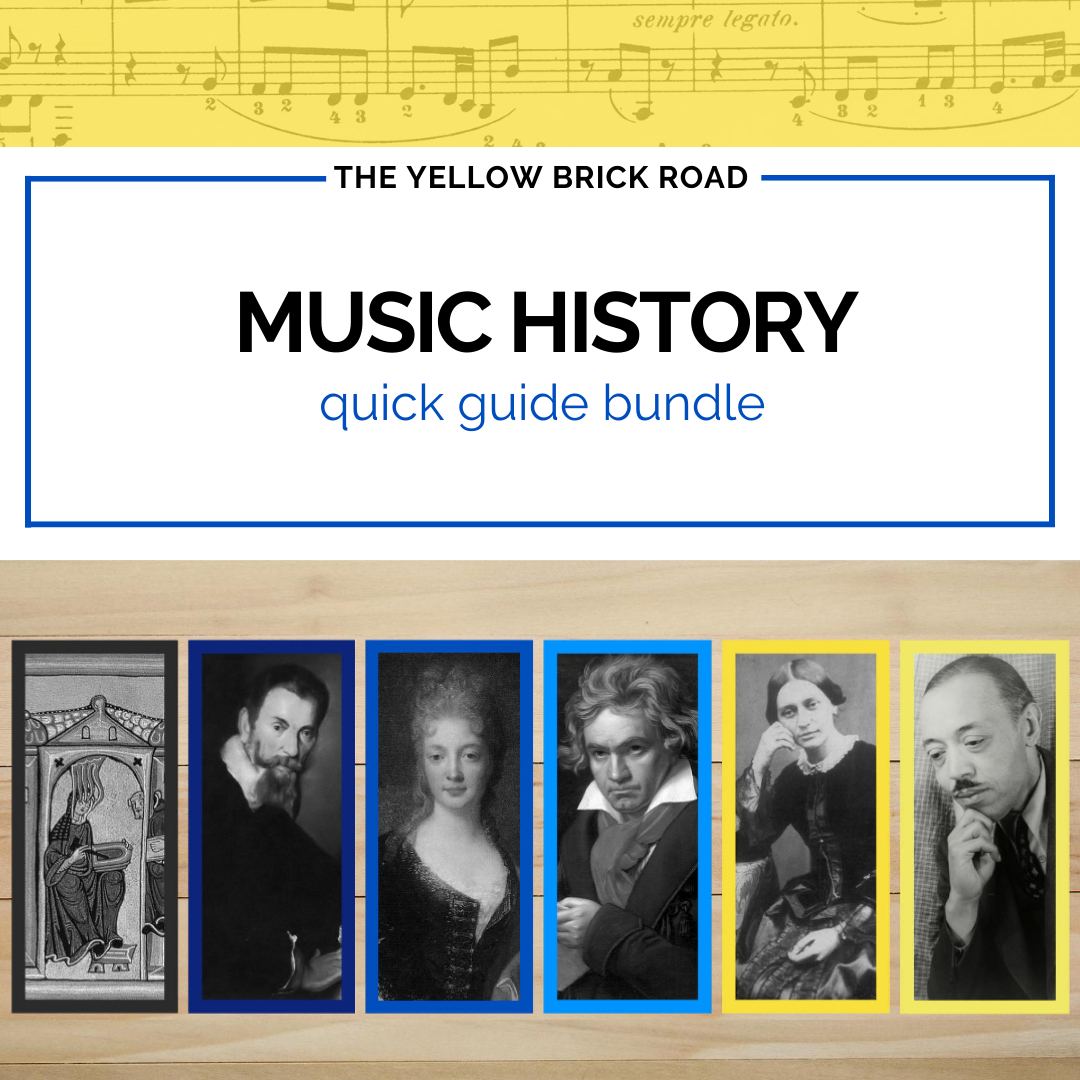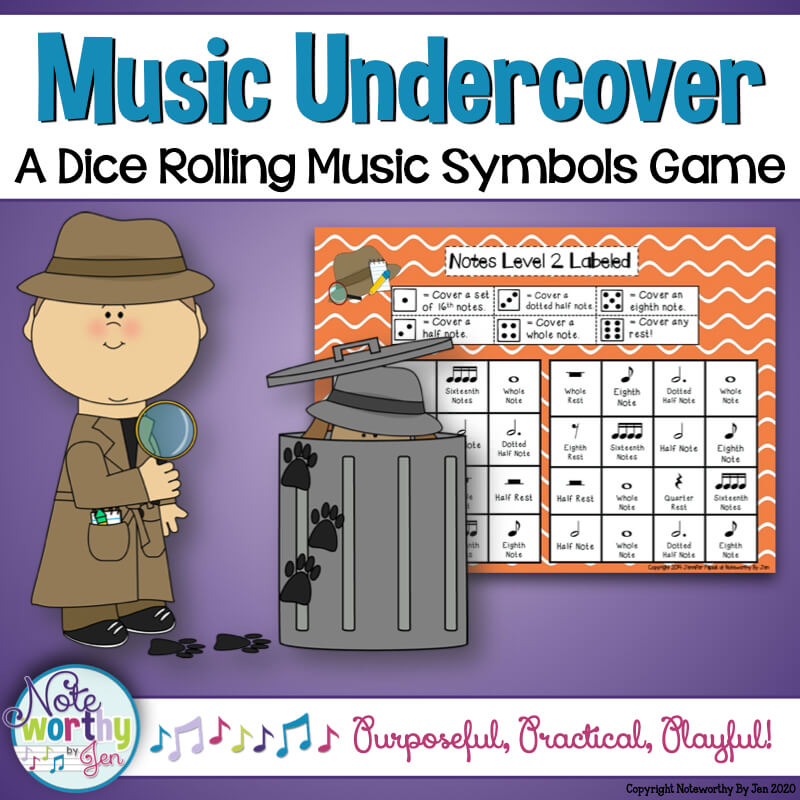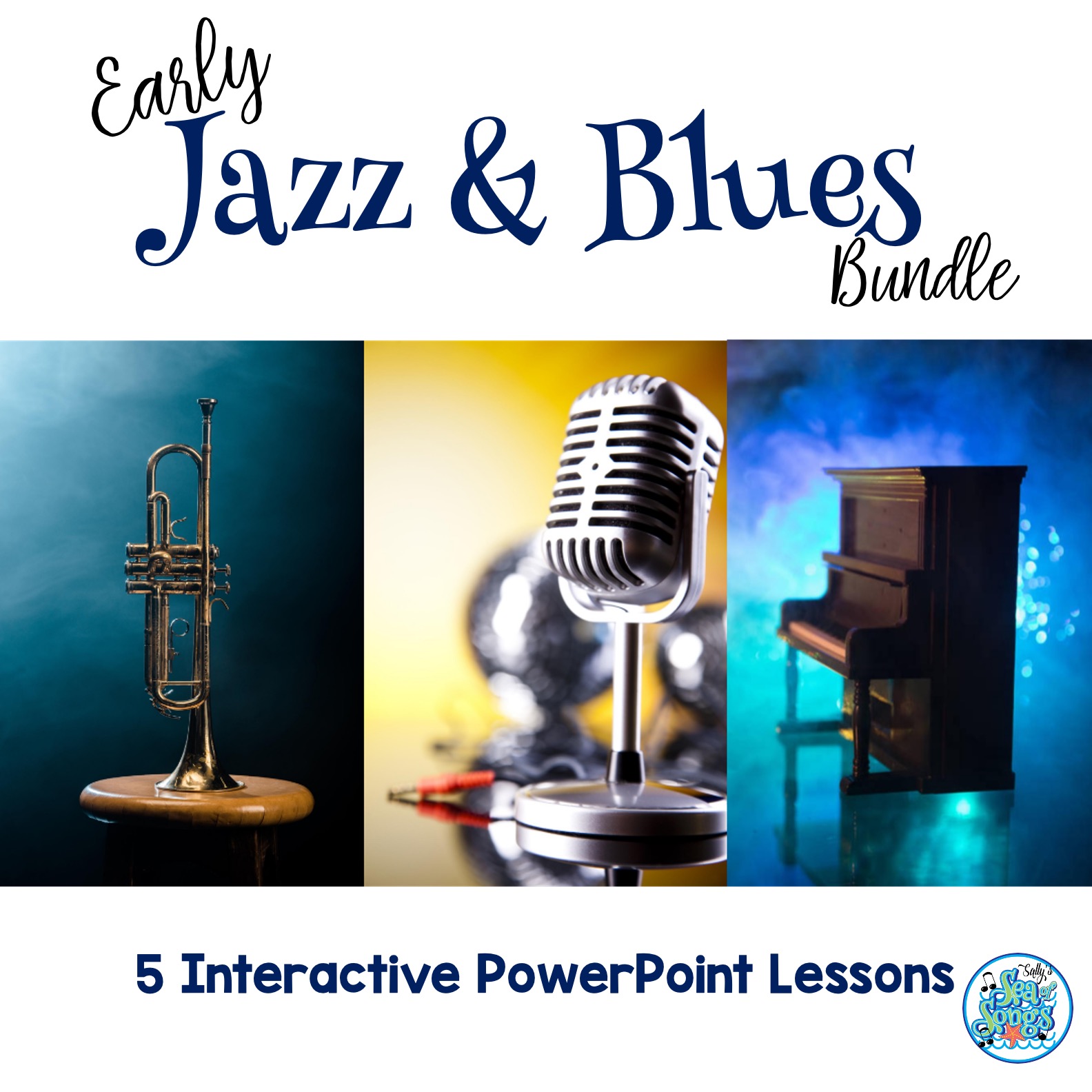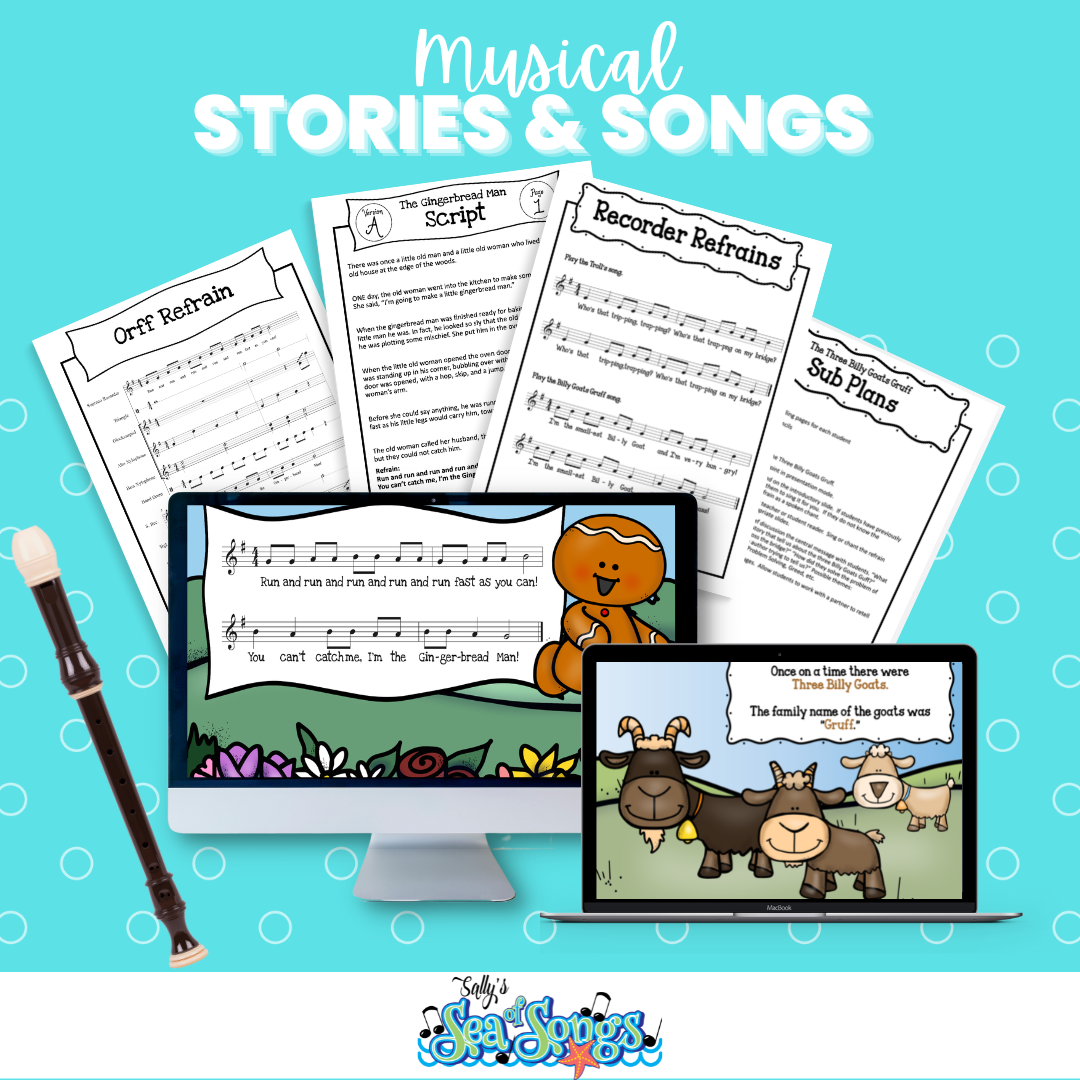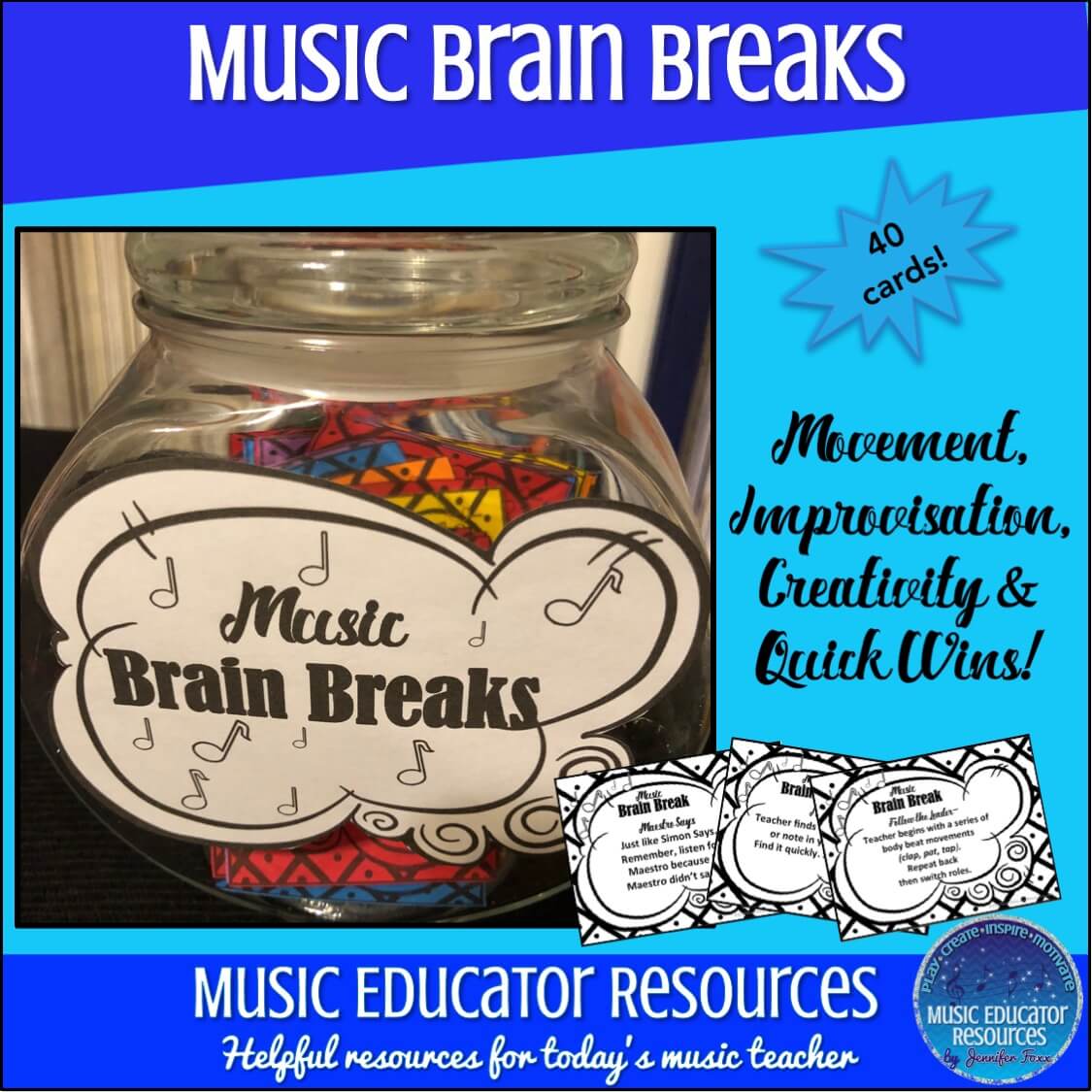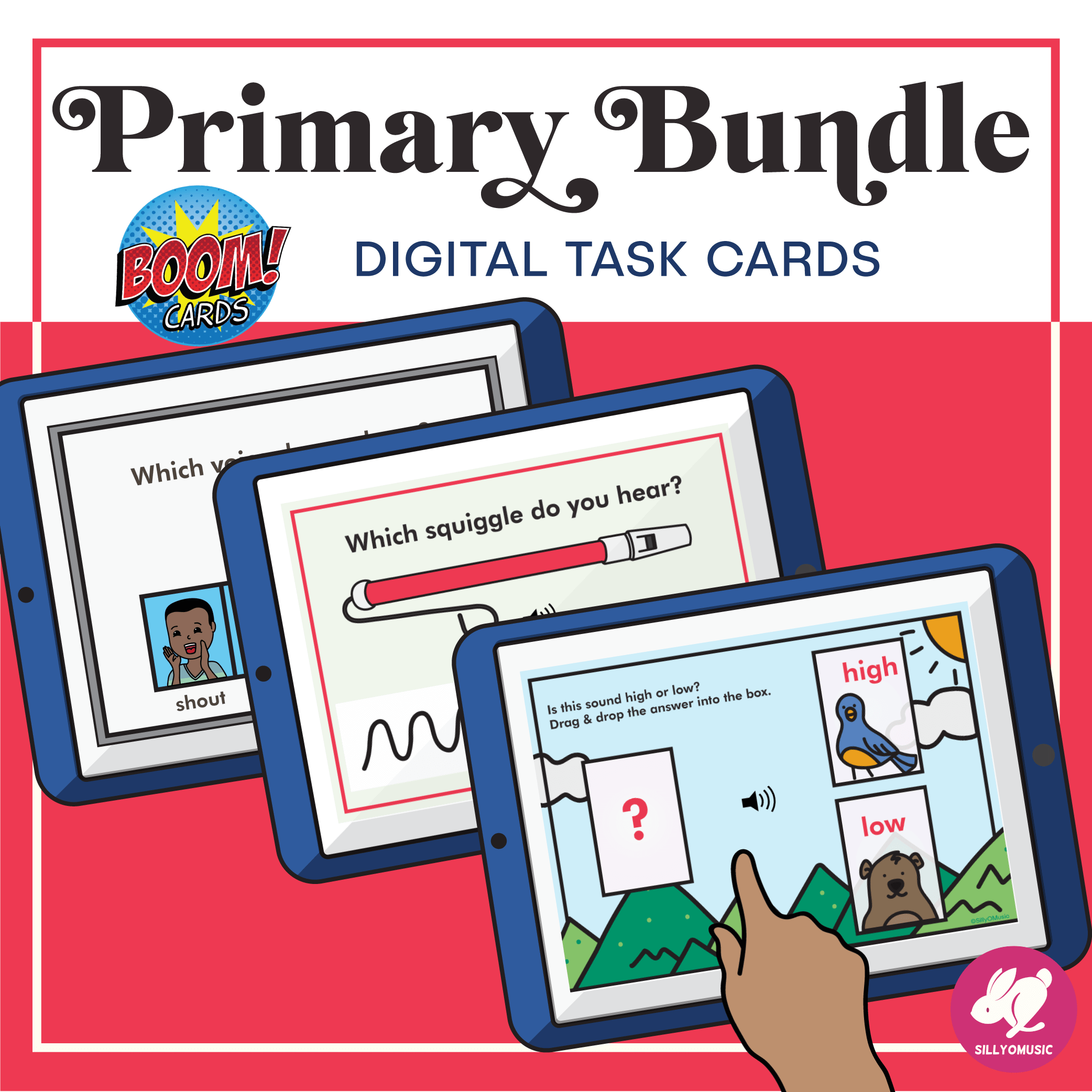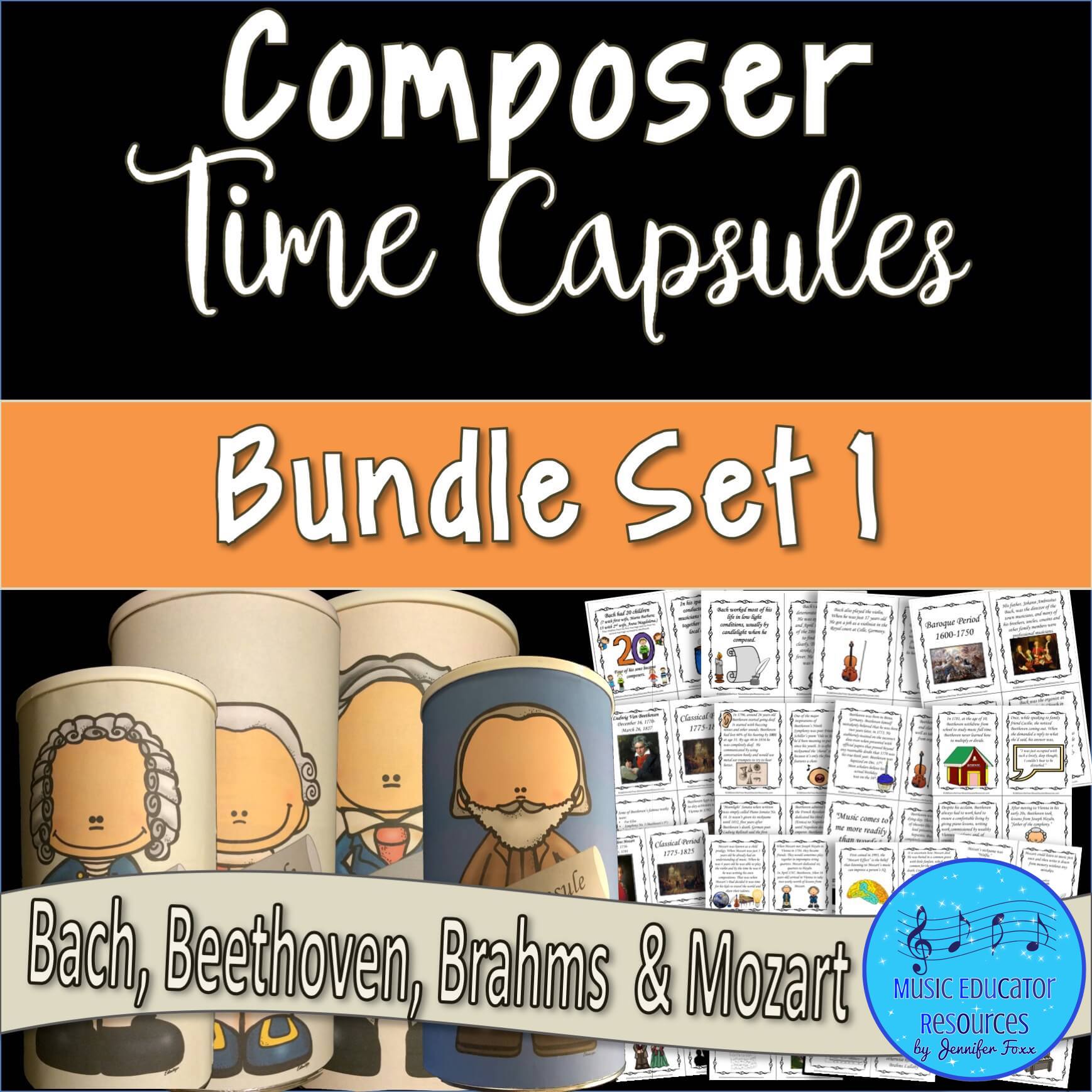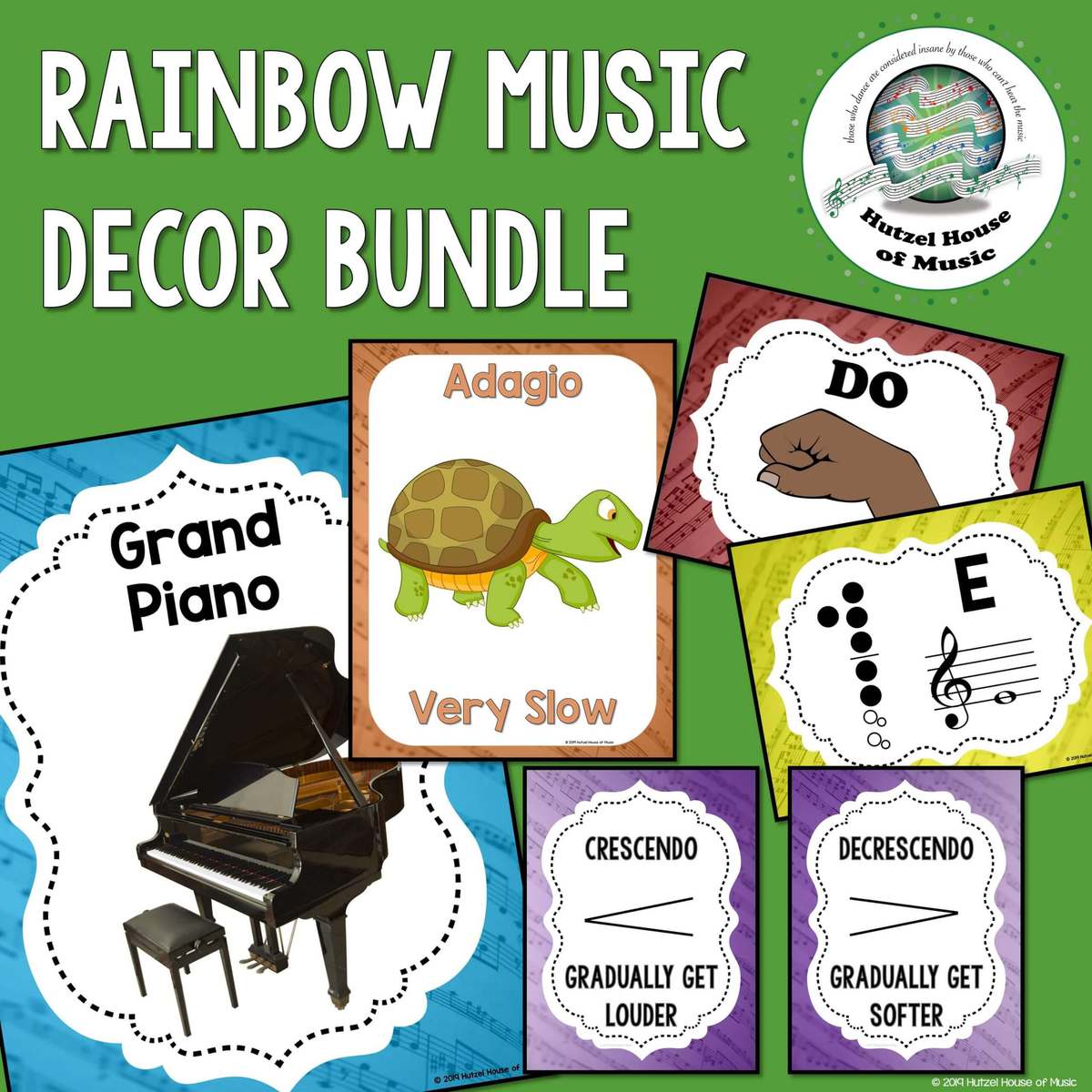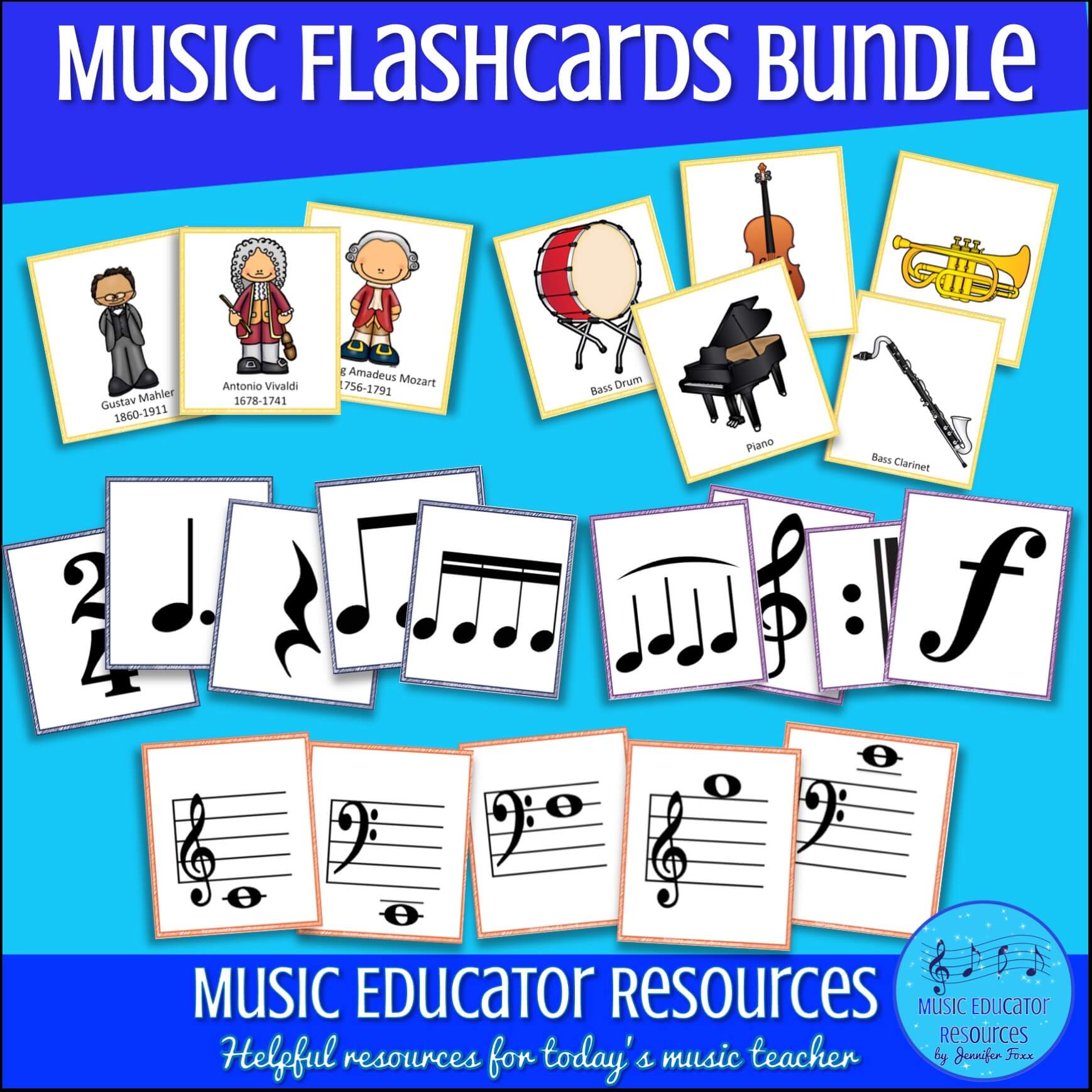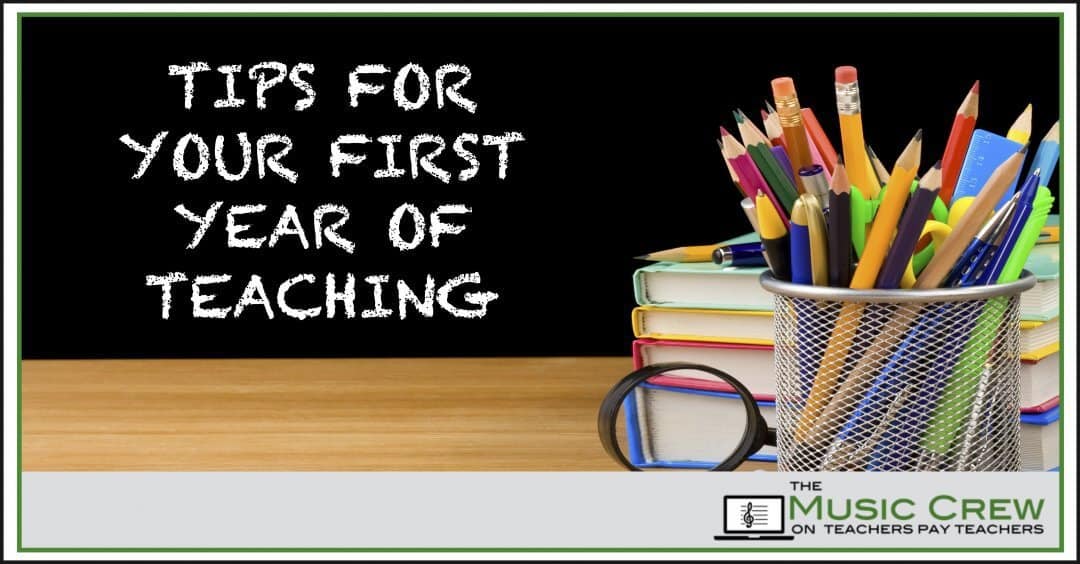
As I embark on what would have been my 10th year of classroom teaching, I thought I would share an article with you that I wrote right after my first year of teaching for Oklahoma Music. I hope that these tips help you this school year!
Gather Information
Once you receive you first teaching job, ask questions! Talk to your principal about expectations for programs and curriculum. Contact someone in your district to ask about district-wide curriculum and assessments. Below is a list of questions you might ask before planning your year:
- What is my schedule?
- How many programs are expected per year?
- What is my role in assemblies?
- What extra musical activities am I expected to provide?
- Are there any expected musical field trips?
Get Organized
Being organized is the key to success in teaching and will make your life much more simple! Buy a planner and record district dates. Then, work with your principal to schedule your programs and performances. Schedule your performances EARLY because the school calendar quickly fills up! After you schedule your programs, begin to make your yearly curriculum plan. If your concepts are mapped out for each grade level, it will be easier to write your weekly lesson plans.
Budget
As you plan your year, be aware of available funding. If you school has a financial secretary, become her friend quickly and ask questions. Find out what accounts exist and how each can be spent (many districts have restricted accounts). Ask about the spending process – purchase orders, approval for use, invoices, etc. Keep your own record of your accounts! If funds are not available to you, look into fundraising OR possible school funds that might be available to assist the music program.
Arrange Your Classroom
You will not feel at home in your classroom until you make it your own. Clean it out and re-arrange the room to fit your teaching needs. Do not feel like you have to keep the previous teachers’ manipulatives and copies if they do not fit your style or curriculum goals. Space in music classrooms is often limited so maximize! The learning environment is an important part of students’ learning. It needs to be functional, but it should also offer security so that the students feel safe to express their individuality.
Manage
“Don’t let the students see you smile until after Christmas” is ridiculous. It is possible to be firm with a smile. Have a discipline plan in place and stick to it. I love using Class Dojo to award positive behavior! Come up with a system that works for you and be consistent. Students will always try to push the boundaries – it is up to you to remain firm!
Communicate
Communication is vital to acceptance into your school’s family. You need to actively communicate with your principal, teachers, and parents. Principals like to be included in major decisions. The more principals know, the more support they can lend in a time of need. Teachers want to know when special events are coming that may take their students out of their regular classroom. Teachers also like to support their students, and will attend outside-of-school events if given the information in advance.
Parents need to be informed about their child’s school activities. Send home a letter or brochure at the beginning of the year to introduce yourself and provide a general overview of music program activities throughout the year. Be sure to keep documentation of any communication with parents because you never know when you might need it. If a parent threatens to call the school board, tell your principal immediately. Your school principal cannot help you when they are unaware of the situation and they do NOT like to be blind-sided.
Build Relationships
Being new is difficult. The best way to overcome being the “new kid” is to build relationships with teachers in your building. Eat lunch in the teachers’ lounge and take an interest in teachers’ lives outside of school. In class, find a way to interact with students on a one-on-one basis. Learn student names the first week so they have a unique identity rather than “the girl with the glasses.” Strong bonds within the building make it easier to survive the first year of teaching confusion!
Commit
As if you will not be busy enough, you need to make time for school activities not related to the music program. Sell shirts at Open House, bring food for potlucks, work at the registration table for school events, serve as cashier for the Book Fair, etc. Every school activity is an opportunity for you to communicate and build relationships with parents, students, and fellow teachers. Your willingness to help with other school activities will encourage others to help you with programs and other musical events.
Get Involved
It is important to build relationships within your own school but you also need to communicate with other teachers in your district. Volunteer to host one of the district meetings, serve on a curriculum committee, organize a dinner, etc. You will quickly gain a network of other music educators from whom you can draw ideas for class activities and resources!
Reflect and Improve
Before you drop dead at the end of the year, take time and REFLECT! Make a list of activities that worked and those that need improvement. Do not despair if your improvement list is longer – no one expects your first year to be perfect. The goal is to gain new ideas and refresh old activities each year to provide a fun and informative learning experience for your students.
If you will follow these ten tips as your prepare for and progress through the year, you will be leaps and bounds ahead of other first-year teachers. Remember to stay positive and to not panic when things do not go as planned. Music is a creative process. Allow those around you to help mold and shape your ideal music program.
Good luck and have a fabulous school year!
Musically, Katie from Cowgirl Compositions

